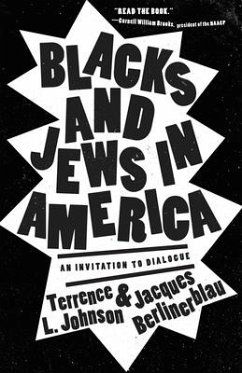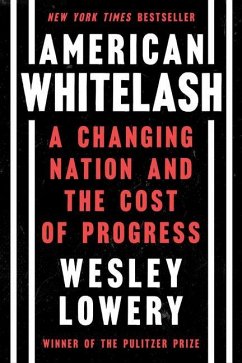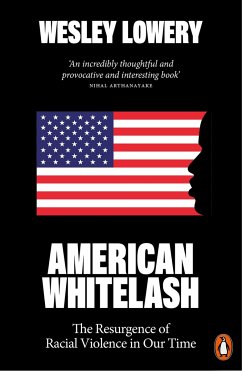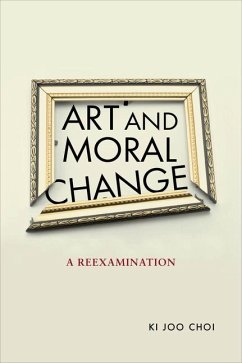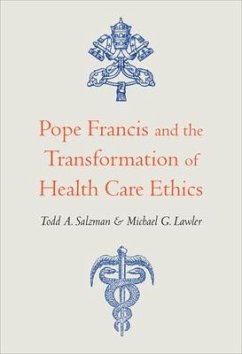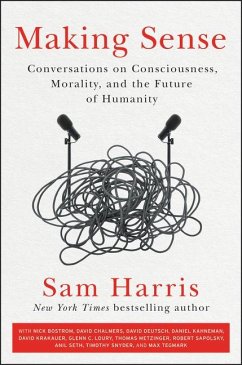Terrence L. Johnson is an associate professor of religion and politics in the Department of Government and a senior research fellow at the Berkley Center for Religion, Peace, and World Affairs at Georgetown University. He is an affiliate member of the Department of African American Studies and the Department of Theology and Religious Studies. He is the author of Tragic Soul-Life: W. E. B. Du Bois and the Moral Crisis Facing American Democracy, as well as the forthcoming We Testify with Our Lives: How Religion Transformed Radical Thought from Black Power to Black Lives Matter. Jacques Berlinerblau is a professor of Jewish civilization at the Edmund A. Walsh School of Foreign Service. He has published on a wide variety of issues ranging from secularism, to religion and politics, to Jewish American fiction, and higher education. He is the author of ten books, including Heresy in the University: The Black Athena Controversy and the Responsibilities of American Intellectuals, How to Be Secular: A Call to Arms for Religious Freedom, The Secular Bible: Why Nonbelievers Must Take Religion Seriously, Secularism: The Basics, and The Philip Roth We Don't Know: Sex, Race, and Autobiography. His writings have been featured or discussed in The Chronicle of Higher Education, The New York Times, Washington Post, The Forward, CNN, NPR, and PBS among other media outlets.






